If Jerry Jones’ had hoped to ride into town and be proclaimed ‘savior of the Dallas Cowboys’ he would be sorely disappointed.
It wasn’t that changes didn’t need to be made. And it wasn’t that everyone knew the game had passed Tom Landry by.
It was the way Landry was shown the door that made everyone mad. But the deed, and the damage, was done.
Jimmy Johnson, a long-time friend of Jones, was named as Landry’s successor. Johnson came to Dallas with a National Championship under his belt as coach of the Miami Hurricanes.
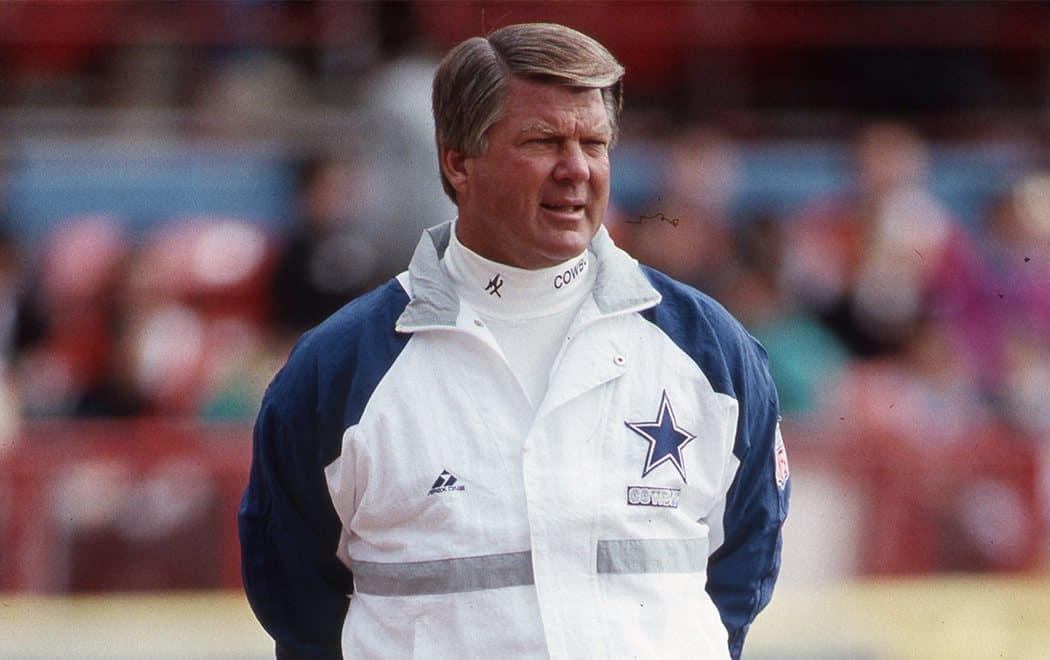
In Miami, Johnson had gone 52-9 and just missed earning a second championship in 1988. He knew how to build a winner.
But first — as the second-ever Head Coach of the Cowboys – he was going to have to tear everything down and rebuild it brick by brick.
Rebuilding A Franchise
The Cowboys started the process in the draft. Troy Aikman was taken with the very first pick. Dallas swapped second-round picks with the Raiders to land Daryl Johnston.
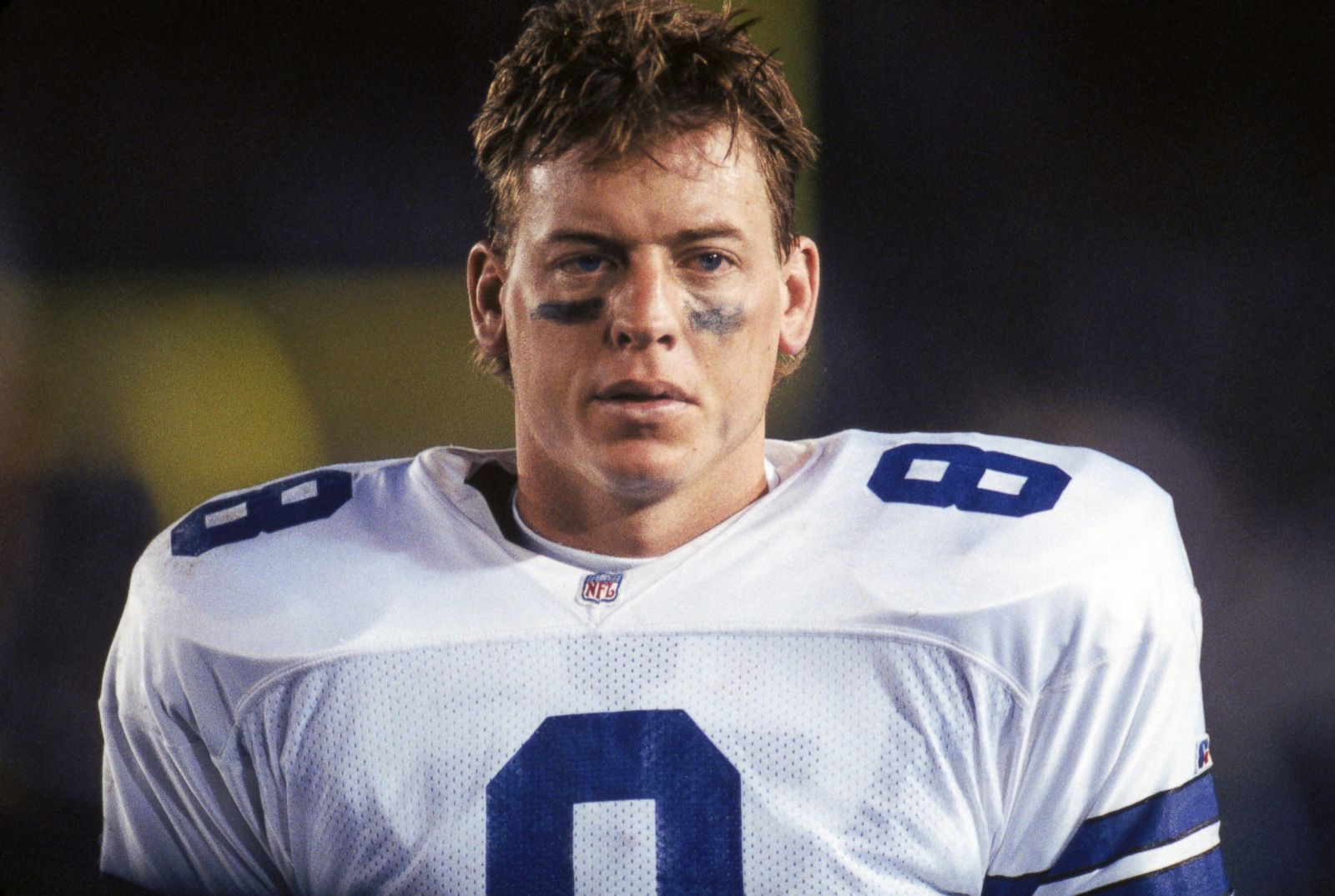
Mark Stepnoski was taken in the third round and Tony Tolbert in the fourth. It was the best draft for the Cowboys in years.
Then it was time to weed out the roster at training camp. Longtime veteran Randy White showed up with every intention of playing for a 15th season.
After one day of Jimmy’s way, White realized he was not going to survive the experience and retired.
Only one player over the age of 29 would play for Dallas in 1989 – 38-year-old Ed “Too-Tall” Jones. Jones would play in 16 games, starting in 10 of them before retiring after the season.
Hard Lessons
The Cowboys were a young team, and not a very good one, in 1989. A 28-0 shutout loss to the Saints got the season started.
Dallas jumped out to a 21-10 halftime lead over the Falcons in Atlanta on Herschel Walker’s two touchdowns and a 65-yard pass by Aikman to Michael Irvin.
But Atlanta rallied for a 27-21 victory. Aikman would get knocked out early in both losses to the Redskins (30-7) and the Giants (30-13).
Steve Walsh would relieve Aikman in both games and then started a 31-13 loss to the Packers in Week 5.
At 0-5, Johnson realized his team needed a lot of work, and it would take a long time to get it done. He decided to make a big move for the future while sacrificing the 1989 season.
The Trade
Four days after the loss to Green Bay, Johnson committed grand theft trade. In a series of deals that eventually involved the Chargers, the Vikings acquired Walker from Dallas.

The Vikings felt Walker was the missing piece they needed for a Super Bowl run and sold their future to get him.
Minnesota also got Dallas’ 3rd and 10th round picks in 1990 and the Cowboys’ 3rd round pick in 1991. The Vikings picked up San Diego’s 5th round pick in 1990 too.
San Diego ended up with running back Darrin Nelson by the time the dust settled on the wheeling and dealing.
The Cowboys? They drove away with five players and Minnesota’s 1st, 2nd, and 6th round picks in 1990.
By later cutting or trading those players, they picked up Minnesota’s 1st and 2nd round picks in 1991 and the Vikings 1st, 2nd, and 3rd round picks in 1992.
These are the key players the Cowboys ended up with due to those picks: Emmitt Smith, Russell Maryland, and Darren Woodson.
The Vikings never saw the Super Bowl and Walker departed Minnesota after the 1991 season.
The Lone Bright Spot
The Cowboys fell to 0-8, Aikman was injured and would miss five games, and Walsh was the starter when the rolled into Washington.
Paul Palmer had been riding the bench in Detroit for the first six games of the year before the Cowboys traded a sixth round pick for him.
In a Sunday night game, Palmer rushed for 110 yards and the game’s lone touchdown for a 13-3 victory over the Redskins.
It would be the lone victory of the year for Dallas, as they would drop their last seven games to finish 1-15.

The Decade In Review
The 1980s had begun with the Cowboys as annual players in the NFC Championship game. It ended with the franchise in disrepair.
The team would go 79-73 in the regular season and only make the playoffs in five of the ten seasons. For the first time, the team would fail to play for an NFL Championship at any point during the decade.
Dallas would go 5-5 in the playoffs and lose all three of the NFC Championship games they appeared in.
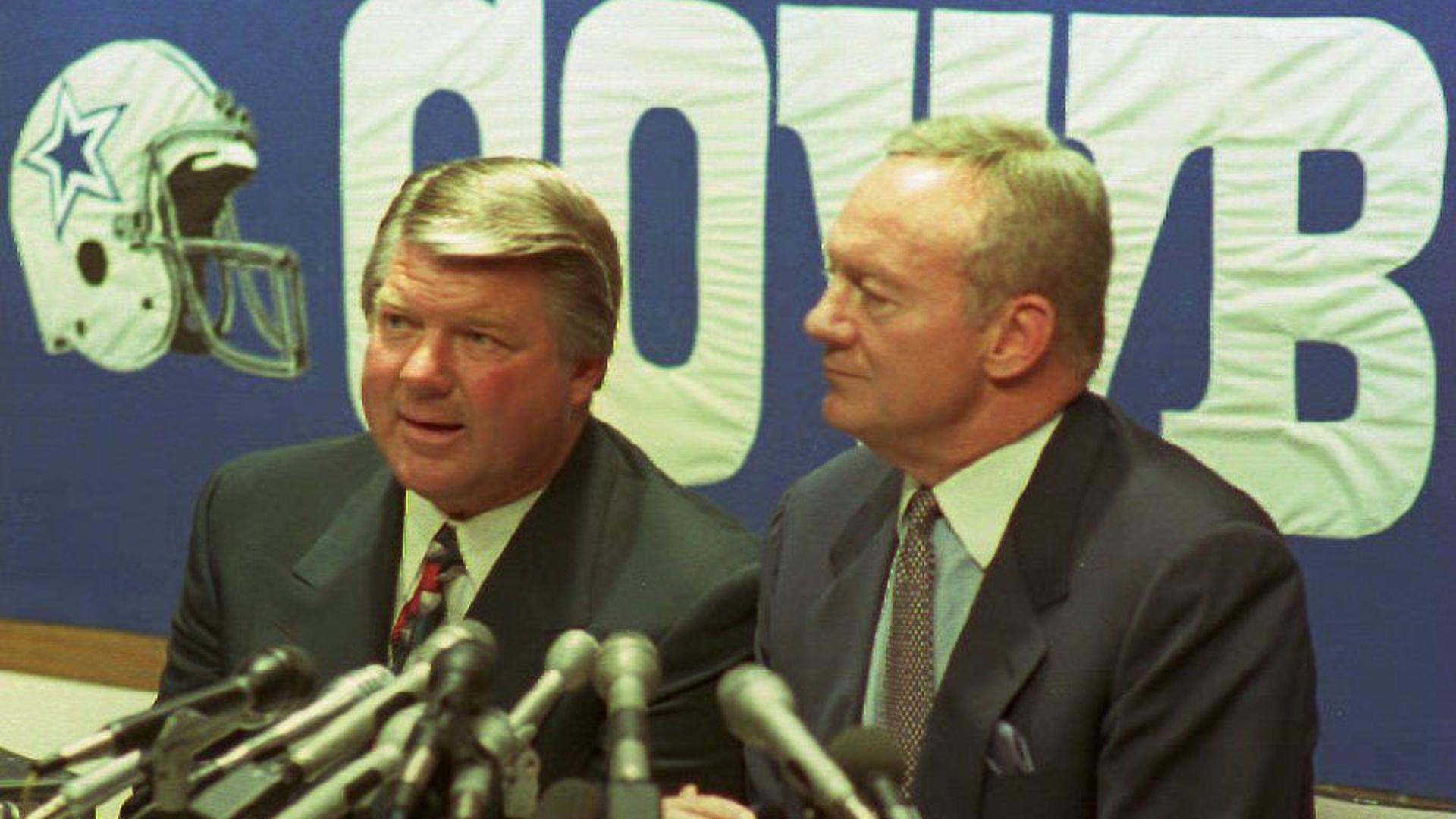


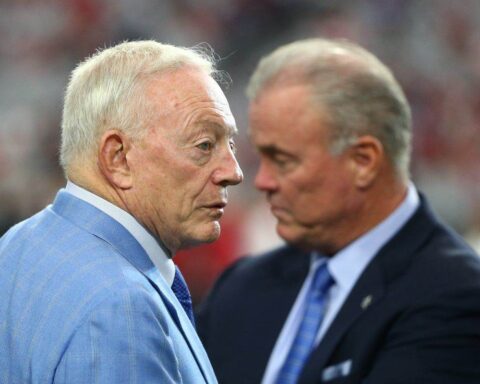

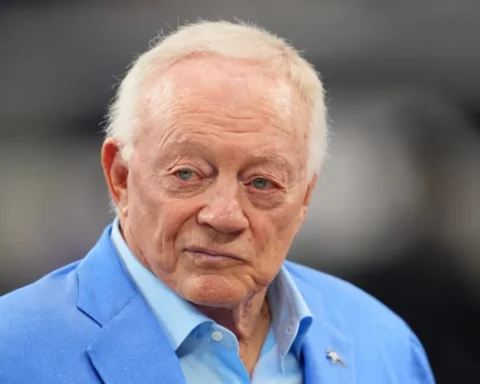
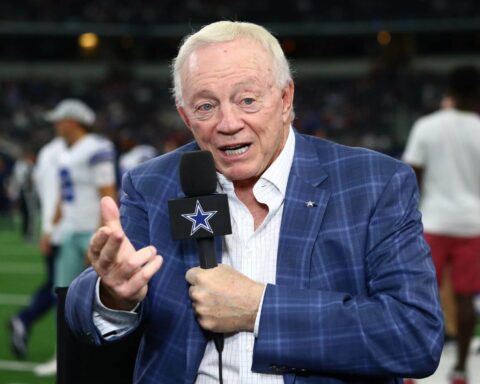
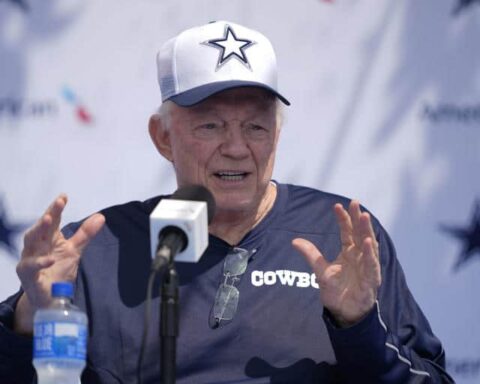

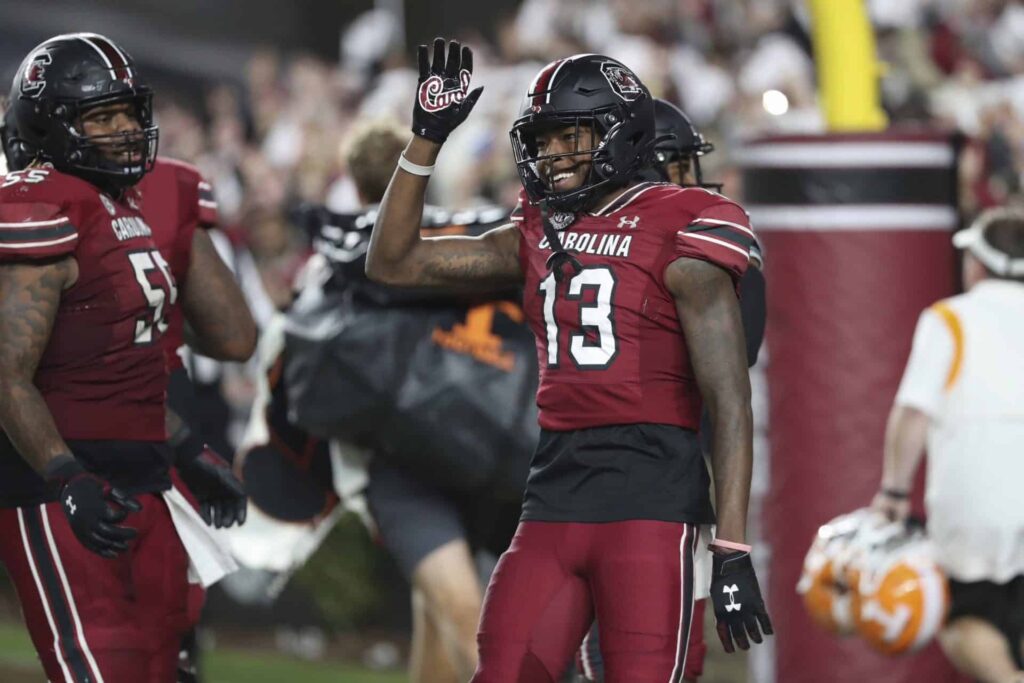

Jimmy brought the Cowboys back to greatness and Jerry then RUINED the Cowboys
That Walker “robbery” is second only to the Babe Ruth trade.